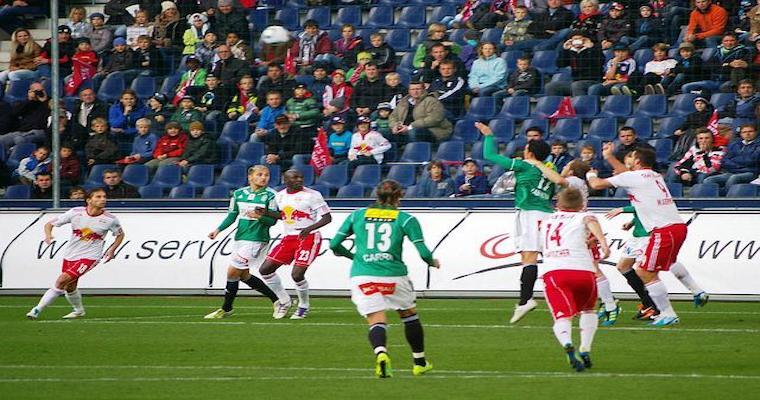
How much time do we need to figure out what is going wrong for a team or a player? In sport, like many other avenues in life, we, as coaches, psychologists, doctors, and so on, fulfil part of their job by diagnosing and intervening to put things that appear wrong, right.
In medicine, for example, some view using time as a diagnostic tool ‘sloppy and idle’. But how can we confirm or refute time as a diagnostic strategy, especially when most patients present with minor illnesses and a few with serious disease? In sport settings, a poorly performing team in one season might be high-performing team the following session (remember Leicester City Football Club 2014-15 and 2015-16). So how much time do we need? And when is time the greatest healer? A poorly performing football player one month might be a football player excelling two months later.
The core of this argument is that time is necessary to diagnose a poor performance from poor performances and an overall decline in performance. This time might be two weeks or four weeks or four months. In sport, as in medicine, adequate diagnosis requires time for symptoms to develop. In football management, for example, time seems limited when we examine the manager's fate when he or she is losing more games than winning over a few months. We need to tolerate uncertainty while managing the typical passage of time with the inevitable rise and fall of performance across a season.
The time-efficiency principle in medicine is testing and retesting a patient over time to increase the gain in certainty when making a diagnosis in low-prevalence settings (Irving & Holden, 2013). Time and testing make sense here, especially when there is a set of tools for diagnosis. A structure and protocol to follow seems so sensible. But what happens in sport? Are there diagnostic tools available? Are the signs and symptoms of poor performances assessed over time?
It is most likely that those deciding about the fate of a manager use broad results to decide what happens next – five losses in a row or no wins in seven games. Perhaps if we took a leaf out of the doctor’s book, we might find good principles and practices to support coaches and managers to manage the usual turbulence in sport performance. Let’s imagine we captured data on sleep, hydration, nutrition, well-being, performance data, training load, travel and so forth, we could unpick, perhaps the rise and fall in performances. But here’s the rub. Most professional teams gather this data; however, using the data to tell us more about the football player is challenging because we are uncertain how it all fits together. Or more accurately, we are at odds to rank and prioritise the data. For example, a football player’s well-being might matter most to allow him to train well, rest properly and take time to recover from training or injury. But what if the player’s well-being is not a priority for the manager? Or, what if one’s sleep is the most critical factor for high performance and this facet is neglected by the player and those who support the player?
Our argument here is that time-efficiency is necessary for sound diagnosis across a season, but this diagnosis depends on gathering and using good data. It also means personalising the support for each player and the squad. When the medical team – physiotherapist, psychologist, strength and conditioning coach – and the coaches work together over time, clearer pictures emerge. The physical, mental, technical, tactical and lifestyle jigsaw pieces fit neatly together. It’s time to gather data and work together to make sense of it all.
References
Irving G., & Holden J. (2013). The time-efficiency principle: time as the key diagnostic strategy in primary care. Family Practice, 30(4):386–389.
Penney, O. (2016). Fishing. British Journal of General Practice, 66(646), 238
Image by David Mark from Pixabay
